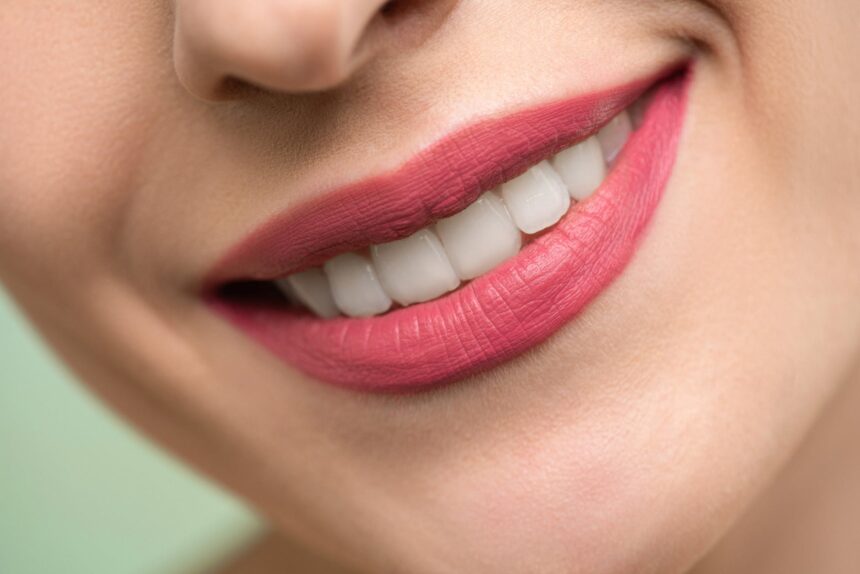When it comes to taking care of our bodies, we tend to overlook dental health. Although our teeth are fundamental for consuming food, many people don’t take care of their teeth as well as they should. For example, do you brush your teeth after every meal? If not, that’s already an area of improvement that will make a difference in your dental hygiene.
When you have sensitive teeth, your oral health becomes doubly as important. Sensitive teeth necessitate more care and diligence than usual, because you face a higher risk of dental issues. Fortunately, we have a plethora of options to maintain a healthy, clean smile. Keep in mind these following tips to take better care of your sensitive teeth:
1. Toothpaste Choice
As every dentist would tell you, brushing your teeth will be a part of any person’s oral health care routine. If you have a preferred choice of toothpaste, along with sensitive teeth, review your choice’s viability. That is because some types of toothpaste may be making our teeth more sensitive than it already is.
Thankfully, you have a ton of choices in available toothpaste options designed for sensitive teeth. The ingredients in these types of toothpaste are specifically designed to ensure your enamel is well protected. Moreover, it prevents unnecessary exposure to the sensitive nerves in your teeth!
2. Toothbrush Choice
Alongside your chosen toothpaste, the brush you pick will also have an impact on your teeth sensitivity. If you are the kind of individual who conducts a rigorous brushing, you will be doing yourself a disservice. For starters, a hard brushing on the teeth wears out your gums tenfold. In addition, it will make your teeth much more sensitive overall.
To counter this potential negative impact, choose a soft-bristled toothbrush, and brush slowly. It might be tempting to scrub your teeth to get every little bit of germs out. However, if you use a soft toothbrush and methodically clean your teeth, your oral health will thank you in the long run.
3. Dentist Checkup
When you fall ill, one of the most critical individuals to see right away is your doctor. The same sentiment then applies to your oral health status as well. To be on the safe side, be sure to check in with your dentist at least every six months for an optimal outcome. These professionals will be able to examine your oral health in a comprehensive way.
Moreover, if you are dealing with sensitivity issues, your dentist will recommend the best course of option. This can come in the form of using additional devices to bring down the sensitivity, for example. Plus, they will also review your gums, as it is a crucial component of your overall oral health.
4. Mouthguard Usage
One of those aforementioned tools that your dentist may advise you to use will be a mouthguard. Sometimes, while you are asleep at night, you may be grinding your teeth in a repetitive, consistent way. This will then have an impact on your oral health overall and could exacerbate the sensitivity you experience.
If you are going ahead with a mouthguard, be sure to take this up with your dentist first and foremost. You may have to schedule an appointment with another oral health care specialist to get your mouthguard customized. By wearing this guard on a consistent basis, you will prevent unnecessary damage from occurring to your teeth.
5. Saltwater Rinse
There are many handy little tricks that you could implement into your oral health care routine at night. One of the best ones to use? Saltwater, which is a great technique to use when trying to reduce teeth sensitivity as a whole. Moreover, saltwater helps to reduce plaque and bacterial growth within your mouth.
6. Avoid Certain Foods
You may already know about the impact of consuming too much junk food regularly. The implications of this will extend to the worsening of your oral health as well. Plus, it might also raise the sensitivity you experience in your teeth.
That is because many junk food sources contain an abundance of acidic content that is not good for you. For an amicable outcome, try your best to get rid of food sources, such as sodas and processed foods. Also, avoid extremely hot or frozen foods as this can impact sensitivity as well.
7. Clove Oil
Alongside saltwater, there are many other anti-inflammatory tools that you can use to take care of your teeth. One of the best products comes in the form of clove oil. The extract of the cloves, once swished around in your mouth, reduces sensitivity. That way, you can begin to experience a sense of normalcy in your teeth again!

